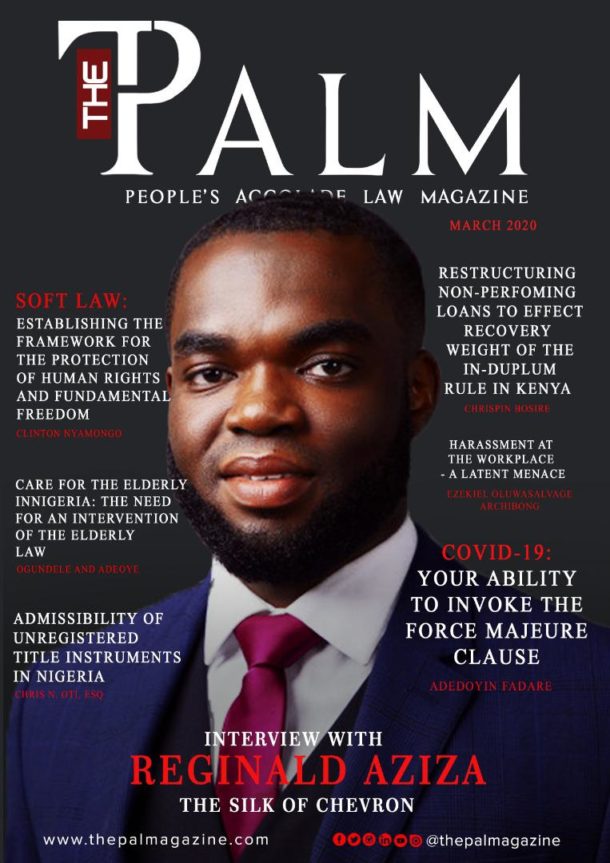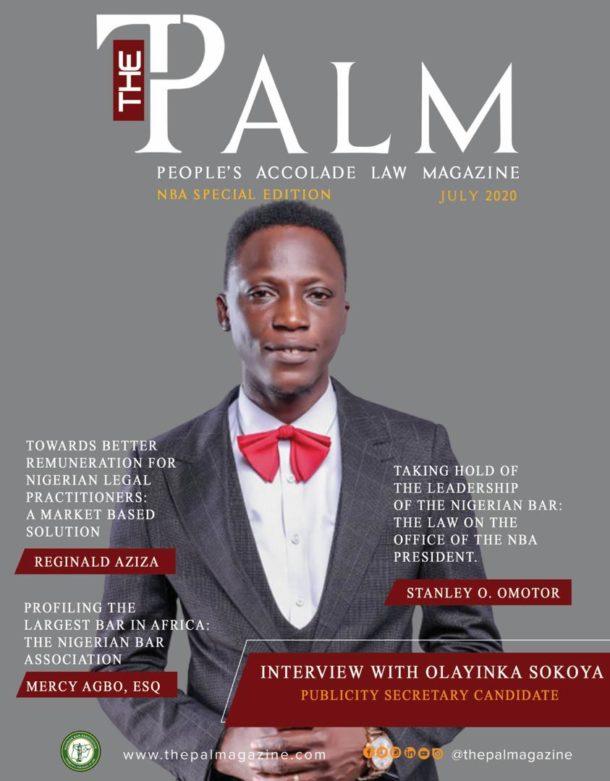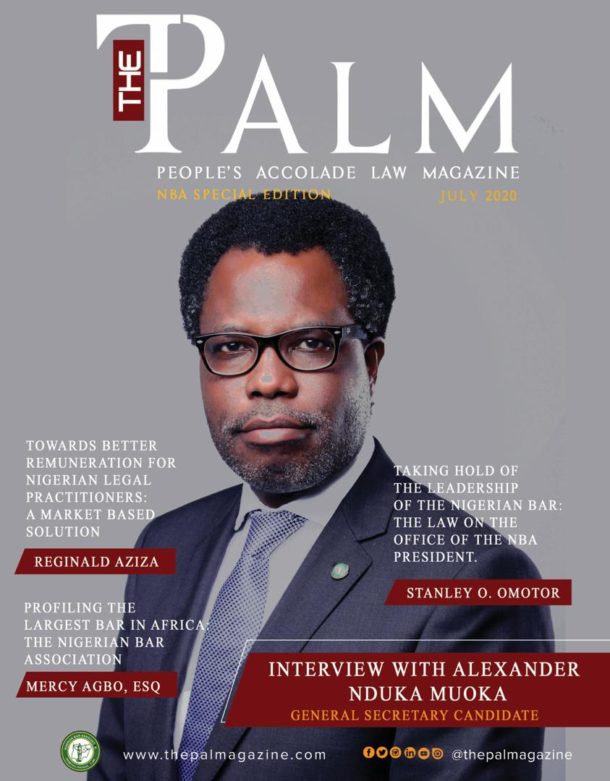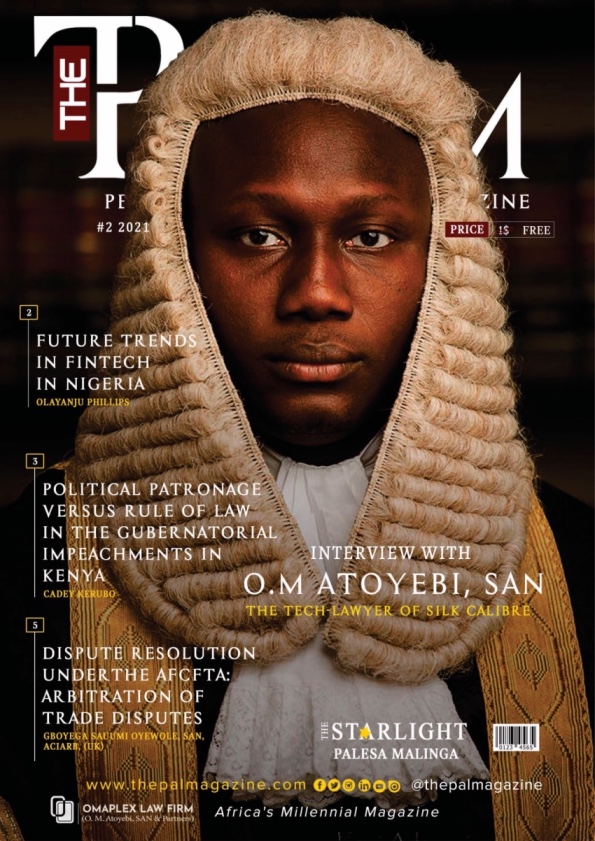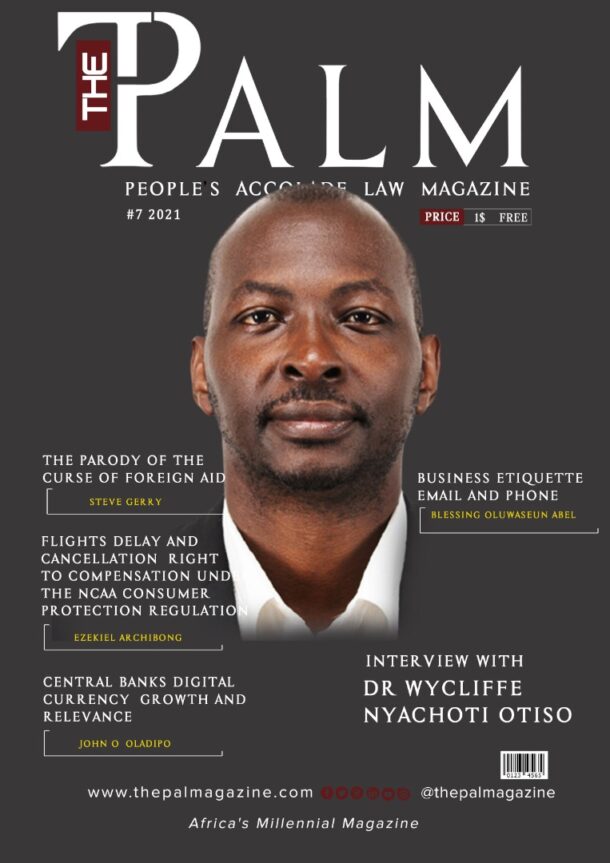After spending countless hours, days or months in the trenches of idea-generation and coming up with a brilliant idea in a moment of eureka, it’s perfectly normal to want to guard your million-naira idea from theft; more so as we live in an age of rapid technological advances where information travels faster than the speed of light.
However, as your idea burgeons from a fickle of an imagination to a potentially profitable business that attracts investors, you may need to share it with prospective investors, manufacturers, industry experts, or new employees who will play a role in making your dreams come true.
This naturally raises an anxiety that any of these people may steal your idea and run with it. Here are five ways to protect your business idea from theft:
1. Carry Out Due Diligence
This is basic. It should go without saying. You should carry out due diligence before pitching your idea to an investor, or anyone at all. Carrying out due diligence simply means conducting a background check to verify the information you’ve received of a person and ensuring it is an accurate representation. You’ll generally want to carry out a legal due diligence (LDD) and financial due diligence (FDD) before pitching your idea to a proposed investor. Who are they? Why are they investing? Do they have the funds they claim to have? How do they make their money? Are they legit? These are the questions you would want answered before pitching your idea to them.
LDD seeks to examine the legal structure of your proposed investor. If you’re dealing with an institutional investor, you may carry out a search on the company at the Corporate Affairs Commission (CAC) to know the legal status of the company, the directors at the helm of the its affairs, the share capital of the company, and its compliance with the principles of corporate governance and other government regulations. You’ll also be interested in knowing if they have a pending litigation arising out of their investments in the past and the facts leading up to such dispute.
FDD entails an examination of the financial status of the institutional or individual investor. You may have to examine the financial statements and consider the earnings, assets, liabilities, and cash flow of the investor.
You may also want to conduct an online search, check their website, check their social media channels, or read reviews of about them from other startups in the industry. This is necessary to help you verify the person you’re doing business with and make an informed decision. It is advisable to hire a startup lawyer to help you conduct due diligence. It’ll save you a lot of hassles and time.
2. Use Non-Disclosure and Non-compete Agreements
A non-disclosure agreement is a legally binding agreement between two or more parties not to disclose confidential information that is shared amongst them during the course of a business transaction. On the other hand, a non-compete agreement is a contract between an employer an employee in which the employee agrees not to enter into competition with the employer during or after employment, or use the information learned during employment to enter into competition with the employer after employment.
In Nigeria, there is currently no legal framework for protecting your business practices, or other sensitive information such as client list, marketing strategy, and upcoming products, which form trade secrets. Therefore, as a startup founder wishing to protect your idea, you may resort to non-disclosure agreements with investors and partners, and non-compete agreements with employees and partners as well.
In the event of an unauthorized disclosure by a party to the contract, a non-disclosure agreement will entitle you to a recovery of profit against the party. However, this is so long as the agreement is carefully drafted to protect your interest.
3. Work-for-hire Agreement
A work-for-hire agreement is used when hiring an employee to create a product. It is used to ensure that you alone retain the right over the product or work notwithstanding the contribution of the employee.
Generally, by the Copyright Act, copyright is vested in the author of a work notwithstanding that the work was made in the course of the author’s employment. Therefore, a person who contributes significantly to a work can claim authorship over that work and sell it, unless the work was specifically commissioned by the author’s employer under a contract of service. [section 9(1) (2) Copyright Act 2004]
So, if you request an app developer to code your app idea without asking him to sign a work-for-hire agreement, he retains copyright to the codes and may sell, licence or distribute them without your permission. Besides, some App developers do not pass the ownership of the final code to you, so while you may own the app in theory, you don’t own it in fact. You can avoid this by ensuring you execute a work-for-hire agreement with the developer.
5. Do not Reveal too Much
Except you’re pitching your idea to an investor or lender who specifically requests for such information, reveal only what is absolutely necessary to convey your idea.
Armed with this knowledge, you’re in a better position to pitch your idea to investors, co-founders, employees and other people who may need to know about the idea, while taking necessary precautions.
4. Apply for a Trademark
A trademark is a symbol, sign, or word that differentiates your goods and services from that offered by others. Registering your startup’s unique name and logo, or the name of a unique service you intend to offer will forestall others from using them in relation to any service offered by them.
Although a trademark doesn’t directly protect your idea. However it protects your startup’s name. And since a company’s name is often tied closely with its idea, a trademark indirectly protects your idea.
Olayanju Phillips,
Head Correspondent,
The PALM, West Africa










